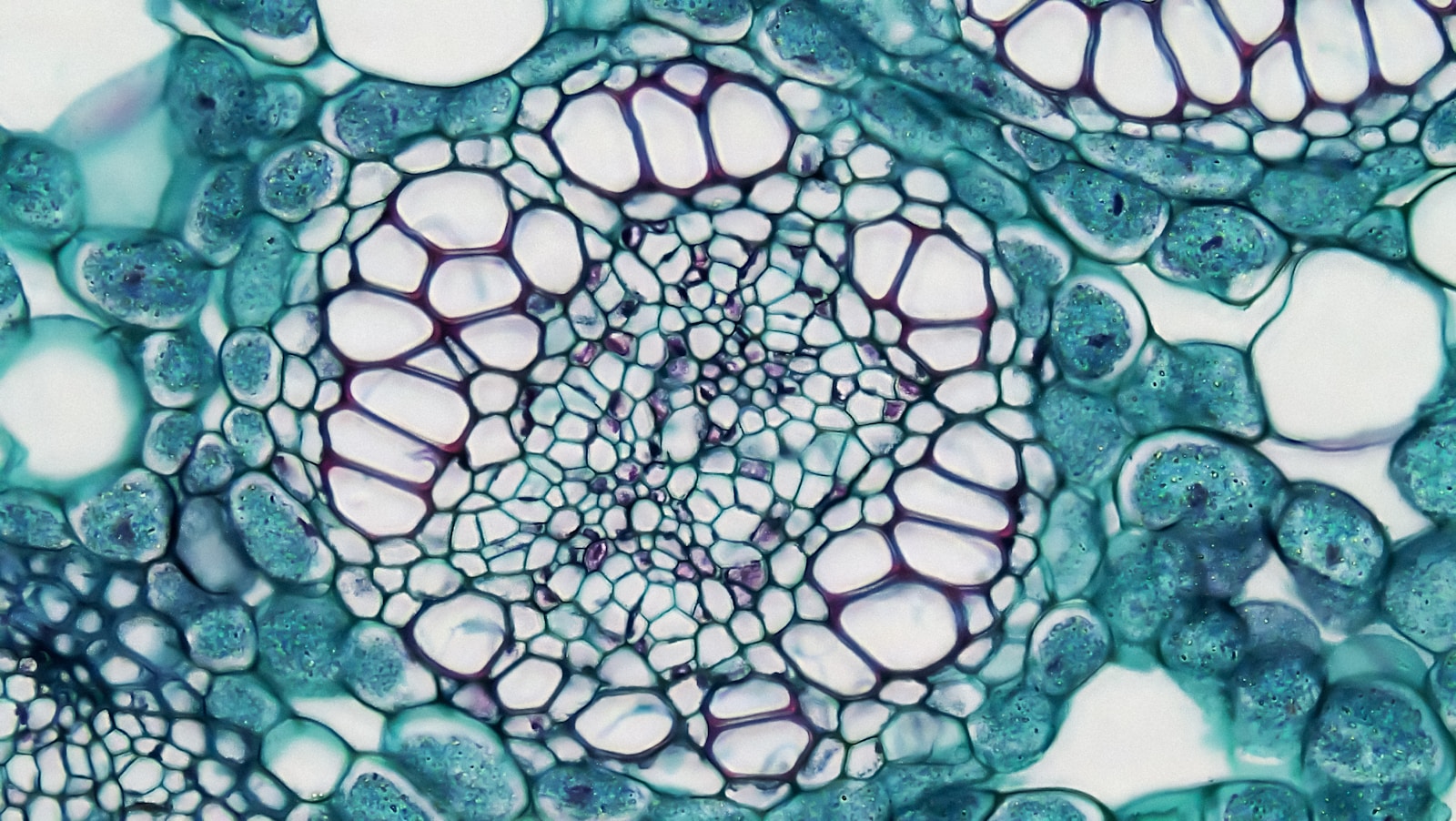
Glutathione is a powerful antioxidant naturally produced in the body, composed of three amino acids: cysteine, glutamine, and glycine. It plays a critical role in protecting cells from oxidative stress, detoxifying harmful substances, and supporting immune function. Here’s a concise overview:
Key Functions
- Antioxidant Defense: Neutralizes free radicals, reducing oxidative damage to cells, which is linked to aging and diseases like cancer or Alzheimer’s.
- Detoxification: Helps the liver process and eliminate toxins, drugs, and heavy metals.
- Immune Support: Enhances immune cell function, aiding in infection resistance.
- Cellular Health: Supports DNA repair, protein synthesis, and mitochondrial function.
Sources
- Endogenous: Your body makes it, but levels can drop due to stress, poor diet, or aging.
- Dietary: Found in foods like eggs, spinach, avocados, asparagus, and sulfur-rich vegetables (e.g., onions, broccoli, garlic and ginger). Supplements (oral, IV, or liposomal) are also available, though absorption varies.
Health Benefits
- May improve skin health (e.g., reduce wrinkles, hyperpigmentation).
- Supports liver health, especially in conditions like fatty liver disease.
- Potential benefits for chronic conditions (e.g., diabetes, heart disease) by reducing inflammation.
Factors Affecting Levels
- Low levels can result from poor nutrition, chronic stress, infections, or environmental toxins.
- Boosting levels: Eat sulfur-rich foods, exercise moderately, and consider supplements like N-acetylcysteine (NAC) or vitamin C, which support glutathione production.
Considerations
- Supplements: Oral glutathione has variable bioavailability; liposomal forms or precursors like NAC may be more effective.
- Safety: Generally safe, but consult a doctor before supplementing, especially if on medications or pregnant.